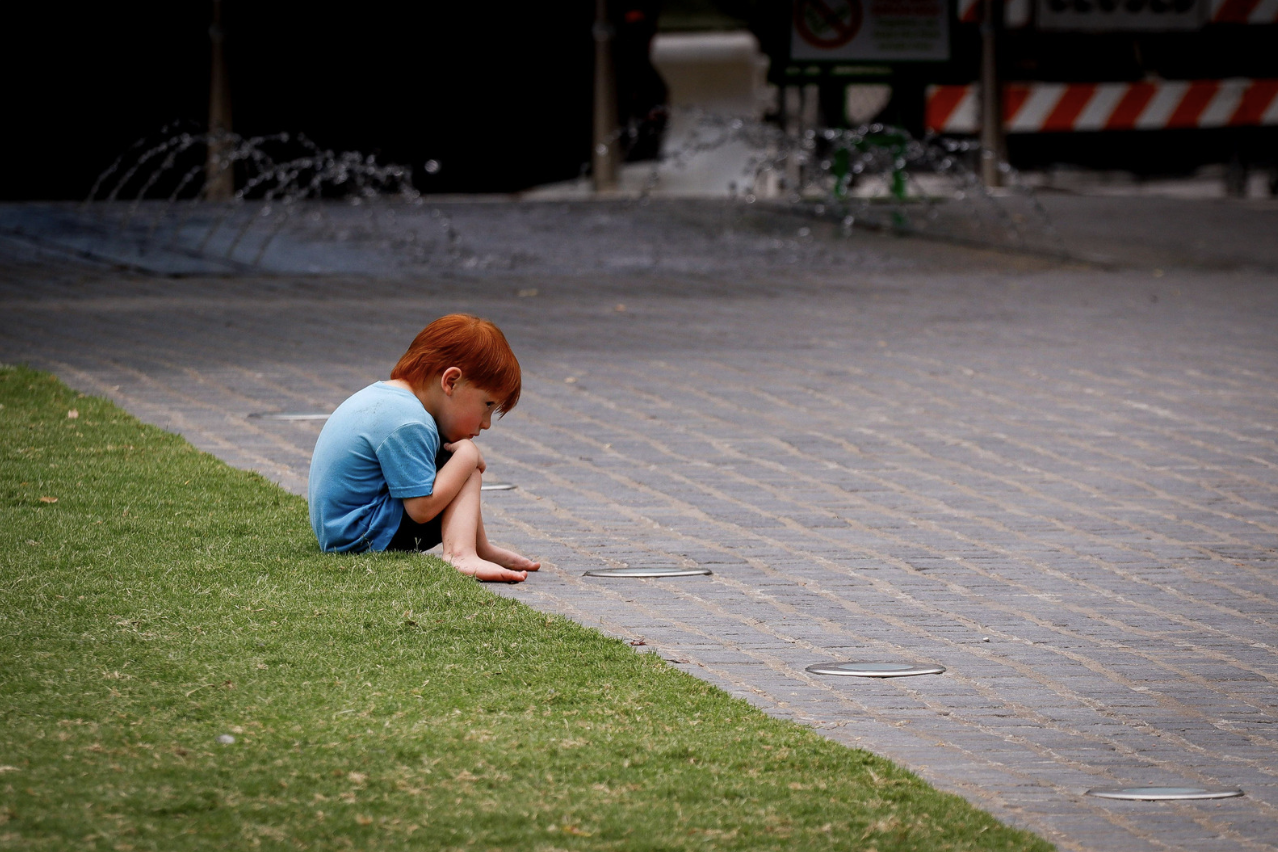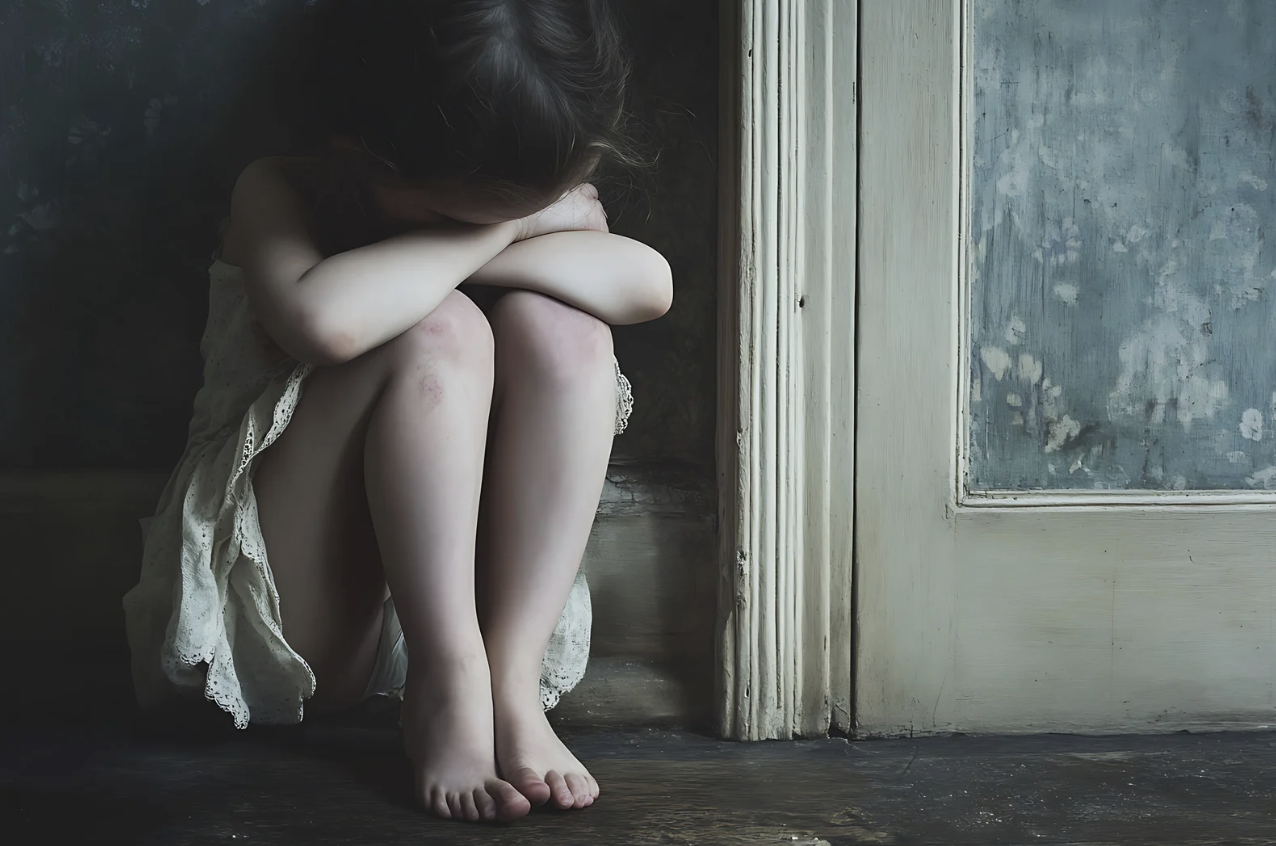Navigating Felony Child Endangerment Charges and Bail in Auburn, CA
Getting arrested is scary under any circumstance—but when the allegation involves a child, the situation becomes even more intense, emotionally...
5 min read
Bail House : Updated on November 26, 2025
California takes crimes involving the safety and well-being of children extremely seriously. Among these laws, California Penal Code 273a(a) stands out as one of the most widely enforced and heavily penalized statutes. It deals with severe forms of child abuse and child endangerment, and a conviction can lead to long-term consequences including jail or prison time, loss of parental rights, and lifelong restrictions.
For families in Roseville, California, who suddenly find themselves facing an arrest related to PC 273a(a), the situation can feel overwhelming, frightening, and confusing. These cases often unfold quickly—sometimes because of misunderstandings, false accusations, or high-emotion incidents—leaving loved ones unsure of what steps to take next. That’s where a reliable Bail Bondsman becomes essential.
In this blog, we will break down what Penal Code 273a(a) really means, the difference between child abuse and child endangerment, common scenarios that lead to an arrest, potential penalties, and how Bail House Bail Bonds can help families navigate the legal process with professionalism and compassion.
California Penal Code 273a(a) covers situations where someone willfully causes or permits a child to suffer unjustifiable physical pain or mental suffering, or places a child in a situation where their health or safety is endangered.
This subsection—273a(a)—applies when the circumstances are likely to produce great bodily harm or death, making it the more serious form of the offense.
The law is intentionally broad, allowing the Placer County Sheriff or any law enforcement officer to arrest individuals when they believe a child was placed at serious risk—even if no injury actually occurred. This can lead to arrests based on assumptions or incomplete information, especially during heated domestic situations.
Although the two terms are often used interchangeably, the law makes important distinctions.
Child abuse generally refers to:
Physical harm inflicted on a child
Intentional injuries, such as hitting, shaking, or burning
Actions that result in visible injuries
Under Penal Code 273a(a), child abuse applies when the conduct is extreme or likely to cause serious bodily harm.
Child endangerment is broader and does not require physical contact. Examples include:
Leaving a child in a dangerous environment
Failing to supervise a child in high-risk situations
Exposing a child to drugs, abuse, weapons, or unsafe living conditions
Driving under the influence with a child in the car
In Roseville and throughout California, many arrests for 273a(a) stem from incidents where officers believe a child was placed at risk—even when the parent or guardian never intended harm.
Based on local enforcement trends in Roseville California and Placer County, the following situations frequently result in charges under Penal Code 273a(a):
Many child endangerment cases begin with a domestic violence call. Even if the child was not touched, simply being present during a violent argument can lead to a charge.
Driving under the influence while transporting a child can immediately trigger felony-level endangerment charges.
Officers may classify a home as unsafe if they find:
Drug paraphernalia
Accessible weapons
Excessive filth or infestation
Hazardous objects left within reach

Even unintended accidents—such as falls, burns, or household mishaps—may be misconstrued as neglect or abuse.
This includes:
Leaving a child in a car
Leaving a child home alone
Failing to provide proper supervision
Because the statute is broad, even borderline behavior can be charged if police believe a child was exposed to danger.
PC 273a(a) is a “wobbler,” meaning it can be charged as either a misdemeanor or a felony depending on the circumstances.
Up to 1 year in county jail
Fines up to $1,000
Possible restraining orders
Required parenting classes or probation
2, 4, or 6 years in California state prison
Up to $10,000 in fines
A strike under California’s Three Strikes Law if serious bodily injury occurred
Additionally, parents may face:
Loss of child custody
Department of Child and Family Services (DCFS) investigations
Mandatory counseling or substance abuse programs
Given the severe consequences, securing legal representation and posting bail quickly is crucial.
When someone is arrested for child abuse or child endangerment, bail amounts are typically high because the charges involve a child. In Roseville California, bail amounts for Penal Code 273a(a) often range from:
$10,000 to upwards of $50,000 for misdemeanor-level cases
$100,000 or more for felony cases
Families rarely have that kind of money available upfront. That’s why a trusted Bail Bondsman becomes essential.
A bail agent can post a Bailbond, allowing the defendant to be released from custody while awaiting court proceedings. This prevents prolonged time in jail, which is especially important for parents who need to check on their children or address DCFS concerns immediately.
Staying in jail increases the risk of:
Losing temporary custody
Falling behind in court-required actions
Appearing unprepared to the court or social workers
Prolonged incarceration can make it harder to defend against additional accusations or misunderstandings.
Being out on bail allows the accused to:
Meet with lawyers
Gather evidence
Attend counseling or classes that may improve the case outcome
Cases involving children are emotionally heavy. Being out of custody helps families cope, plan, and support each other.
When dealing with a charge as serious as child abuse or child endangerment, families need more than just any bail bond service—they need reliability, compassion, and expertise. Bail House Bail Bonds sets the gold standard in Roseville California and throughout Placer County.
Child-related arrests often happen at night or during family emergencies. Bail House Bail Bonds is always ready to help—day or night.
They handle all the paperwork, communicate directly with the jail, and explain the entire process clearly so families never feel lost.
Because they work closely with:
Placer County Sheriff
Roseville Police Department
South Placer Jail
…they know exactly how to expedite releases.
Their agents understand that accusations do not equal guilt. They treat clients with dignity, understanding, and confidentiality.
Bail House Bail Bonds is built on trust and strong community relationships in Roseville, Auburn, Tahoe City, and Nevada City.
If your loved one has been arrested for Penal Code 273a(a), Bail House Bail Bonds is the agency you want on your side.
No. While 273a(a) can be charged as a felony, prosecutors sometimes file it as a misdemeanor depending on the situation, evidence, and the defendant’s criminal history.
Yes. The law allows arrests based on risk, not just actual harm. Even if no injury occurred, officers may still classify the situation as child endangerment.
With a responsive Bail Bondsman like Bail House Bail Bonds, many releases happen within a few hours—depending on jail schedules and processing times.
Possibly. DCFS may investigate, and temporary custody arrangements can be affected. Securing bail and hiring an attorney quickly helps protect parental rights.
Absolutely. They assist families in all Placer County jurisdictions, including Auburn, Rocklin, Tahoe City, and unincorporated areas.

Getting arrested is scary under any circumstance—but when the allegation involves a child, the situation becomes even more intense, emotionally...

Few allegations hit a family harder than Child abuse. If you or someone you love is facing an Arrest for California Penal Code 273d—often described...

Facing charges under California Penal Code 273a(a) is one of the most stressful and emotionally heavy legal situations a family can experience. This...